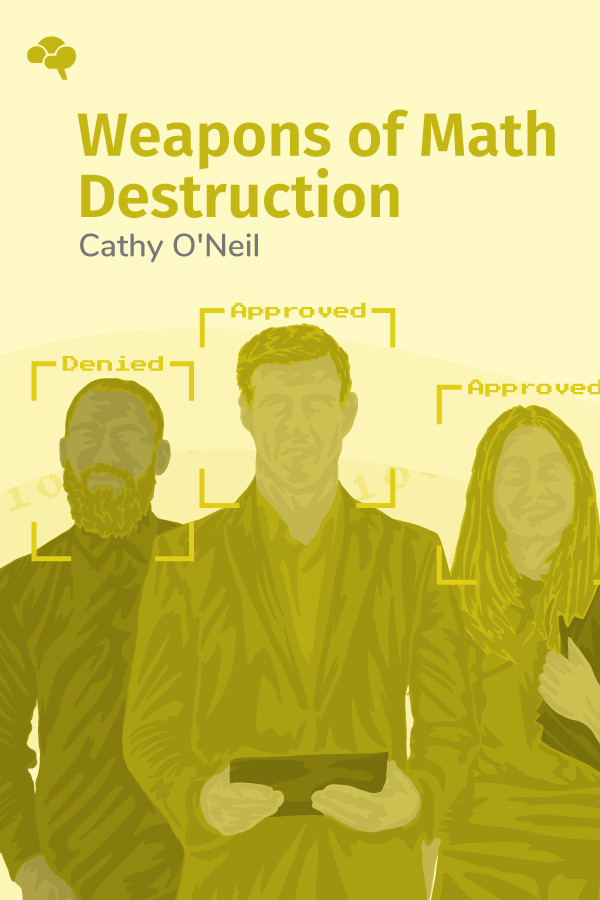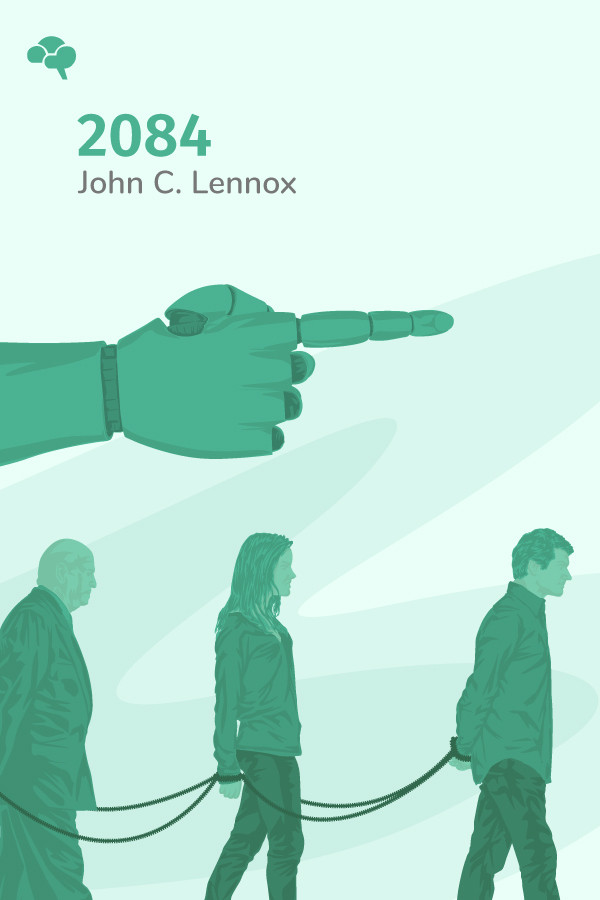Key Insights From:
Weapons of Math Destruction: How Big Data Increases Inequality and Threatens Democracy
By Cathy O'Neil


Key Insights From:
Weapons of Math Destruction: How Big Data Increases Inequality and Threatens Democracy
By Cathy O'Neil
What You'll Learn:
Algorithms aren’t always seamless strings of coding that translate reality into perfect equations. Rather, algorithms are human creations subject to the same mistakes their users often fall prey to, presenting missteps as insights and using the currency of fact to validate flaws. As the financial world, higher education, and the political realm bend to the numerical whims of algorithms, society grows further from the ideal it wishes to create and imperils those it strives to help. Mathematician Cathy O’Neil exposes the deceptive algorithms our culture has grown dangerously reliant upon, cautioning us to do the math for ourselves, while encouraging everyone to think more critically about the processes which are turning society into an imbalanced equation.
Key Insights:
- Destructive algorithms are hard to recognize and difficult to avoid.
- Symptoms of poverty are not indications of crime; when algorithms reduce issues into explanations, they fail to uncover deep problems.
- Search engines can’t tell you what you need—they simply toss you down the rabbit hole.
- University rankings crown schools with illusory prestige, but machines shouldn’t dictate educational value.
- Culture’s contemporary paper boy isn’t even a human—the news you see on your social media feed is hand delivered by an algorithm.
- To solve the equation of corrupted algorithms, we need widespread knowledge and intentional standards.




